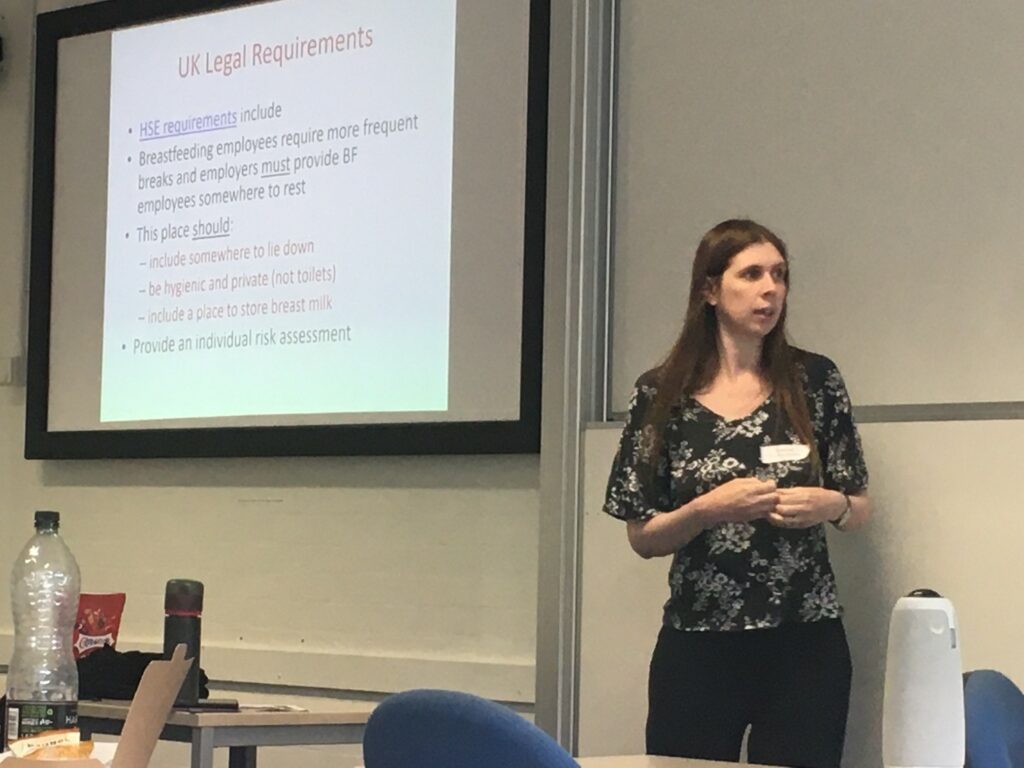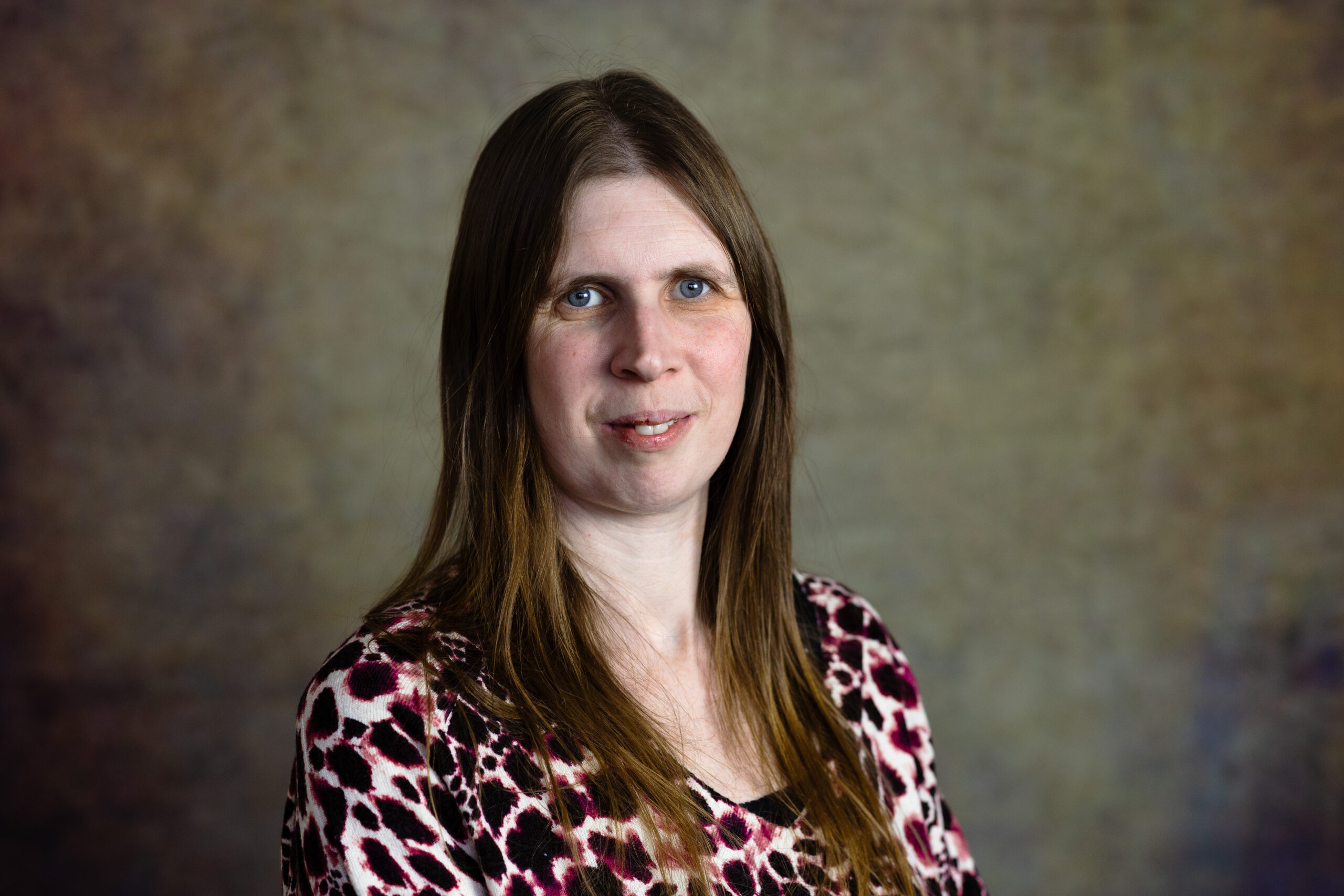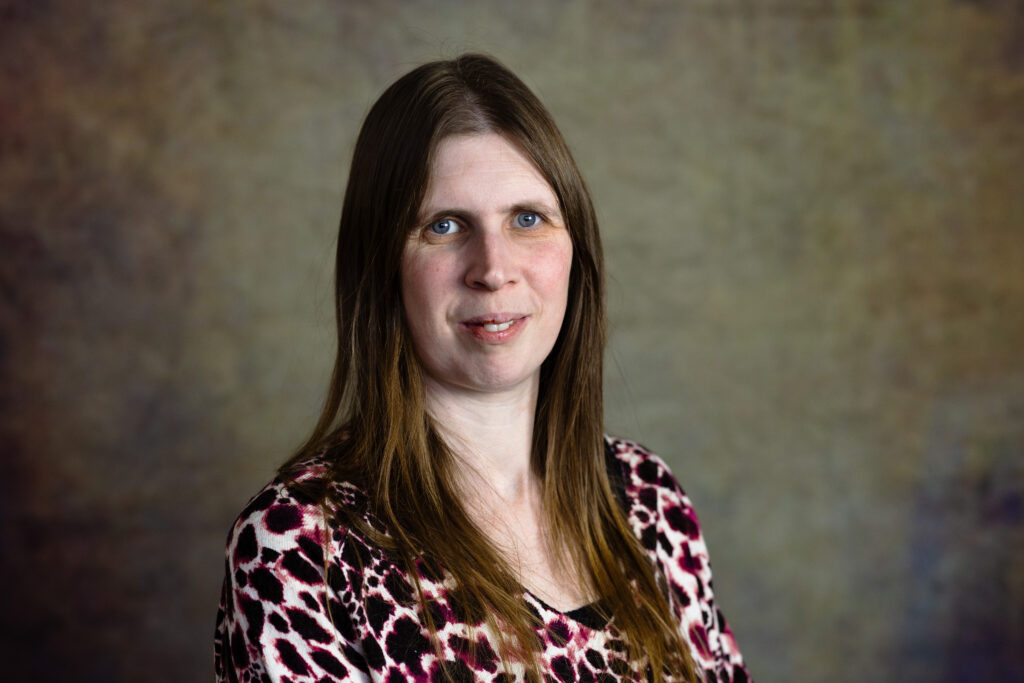Sarah Jewell is Professor of Economics at the University of Reading. She is a principal investigator for a Nuffield Foundation project on ‘Maternal Well-Being, Infant Feeding and Return to Paid Work’ and co-founder of the research cluster ‘Accommodating Diversity in the Workplace’. In this profile for National Careers Week, Sarah explains how her interest in economics developed and reflects on the rewards and challenges of her research career.
Tell us a little about yourself and your background
I first discovered an aptitude for economics when I took it at GCSE, achieving my only A* in the subject. My Grandad had inspired me to take the subject, as he was very much interested in economics and finance. I then continued economics at A-level, undergraduate and Masters level.
I took a break from my studies and was a research assistant at the University of Bristol for 2 years, exploring executive pay and firm performance. Then I started a PhD in Human Capital Accumulation in Higher Education at the University of Reading. After a couple of years of short fixed-term research and teaching contracts, I secured a permanent lectureship at the Reading where I have been ever since.
I am married with one daughter and when I’m not at my desk, I enjoy watching sport especially cricket and rugby union, and visiting National Trust places and going for walks.
Tell us about your role
I am a Professor of Economics on a teaching and research contract. On the teaching side I teach Advances in Causal Inference and Economics of Labour – both modules draw on my research expertise. My research interests lie in the field of labour economics with a particular interest in the graduate labour market and gender inequality in the labour market. Currently I am particularly interested in researching women’s health in the workplace and implications for women’s careers.
I am a principal investigator for a Nuffield Foundation project on ‘Maternal Well-Being, Infant Feeding and Return to Paid Work’ which explores how breastfeeding employees can be better supported in the workplace. This research has the potential for impact, so I spend some time engaging with stakeholders, hosting and presenting at research events, and contributing to blogs and podcasts.
I also set up a research initiative with a colleague in Economics called ‘Accommodating Diversity in the Workplace’. This research cluster aims to bring together researchers from across the University working on issues relating to diversity in the workplace and engaging employers with our research. I also combine my administration role of Employability Lead for Economics with my research on the graduate labour market. On the side, I also undertake some fun research that explores the economics of cricket: how cricket data can be used to test economic ideas.

Describe a typical working day for you
As an academic no two days are the same and it depends on the point of the academic year. It is easier to describe a typical week. As principal investigator for a funded project I aim to spend at least one day working on this project plus another day working on other research projects. At present I am in my teaching term so spend most of my remaining time either teaching, prepare teaching, seeing students or marking!
Other times of the academic year look very different and there will be times when I spend time attending/hosting conferences and workshops. I also spend quite a bit of time applying for research grants. Funding success rates are low in academia so the more you apply for the better the chance of receiving funding!
What is the most challenging part of your job?
Finding time to fit everything in, especially research. As an academic you need to balance your passion for research with other aspects of the job such as teaching and administration, which is very challenging. I also find creating impact from research challenging – while worthwhile it takes a lot of time and effort.
What is the best part of your job?
Having the academic freedom to do research that I am passionate about and using my research to try to make positive changes in society. I also really enjoy doing cross-disciplinary work and working with colleagues from other fields such as geography, law, applied linguistics, cultural studies, and management. And I enjoy broadening the scope of my research by participating in mixed methods research that combines quantitative and qualitative research. I also really enjoy research-led teaching and helping my students learn and apply the skills they have learnt, especially in applied research.


